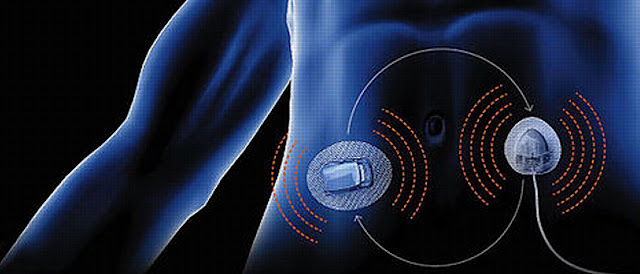A Breakthrough In Biotechnology: Harnessing The Benefits Of Human Platelet Lysate
 |
| Human Platelet Lysate |
In regenerative medicine, a remarkable breakthrough has emerged—human platelet lysate (HPL). This innovative biotechnology has gained significant attention for its potential in various medical applications. Derived from human blood platelets, HPL is a rich source of growth factors, cytokines, and bioactive molecules that play a crucial role in tissue repair and regeneration. In this blog, we will explore the benefits and promising applications of human platelet in the field of biotechnology and regenerative medicine.
According to Coherent Market insights the Human
Platelet Lysate Market is expected to grow at a CAGR of 4.54% between
2023 and 2030, reaching a value of US$ 53.0 million in 2023.
One of the key advantages of human platelet is its ability to
enhance cell proliferation and differentiation. The growth factors and
cytokines present in HPL stimulate the growth and division of cells, promoting
tissue regeneration. This property has made HPL a valuable component in various
cell-based therapies and tissue engineering approaches. Researchers are
harnessing the potential of HPL to expand and differentiate stem cells, opening
new avenues for regenerating damaged tissues and organs.
Wound healing is a complex process that involves various
cellular and molecular mechanisms. Human platelet has shown remarkable
potential in promoting wound healing and tissue repair. The growth factors and
bioactive molecules present in HPL accelerate the formation of new blood
vessels, enhance collagen production, and stimulate the migration of cells to
the site of injury. This property of HPL has found applications in chronic
wound management, diabetic foot ulcers, and tissue reconstruction procedures.
The immunomodulatory properties of human platelet lysate are
gaining recognition in the field of regenerative medicine. HPL has shown the
ability to regulate the immune response, balancing the pro-inflammatory and
anti-inflammatory processes. This immunomodulatory effect can be beneficial in
various conditions where immune deregulation plays a role, such as autoimmune
diseases, tissue transplantation, and graft-versus-host disease. Researchers
are exploring the potential of HPL to modulate the immune system and improve
patient outcomes in these complex medical scenarios.
One significant advantage of using human platelet over
traditional animal-derived supplements is the reduced risk of pathogen
transmission. With meticulous screening and stringent quality control measures,
HPL can be safely obtained from human donors and processed to eliminate the
risk of infectious agents. This eliminates concerns associated with xenogeneic
components and potential immune reactions, making HPL a safer and more reliable
alternative in clinical applications.



Comments
Post a Comment